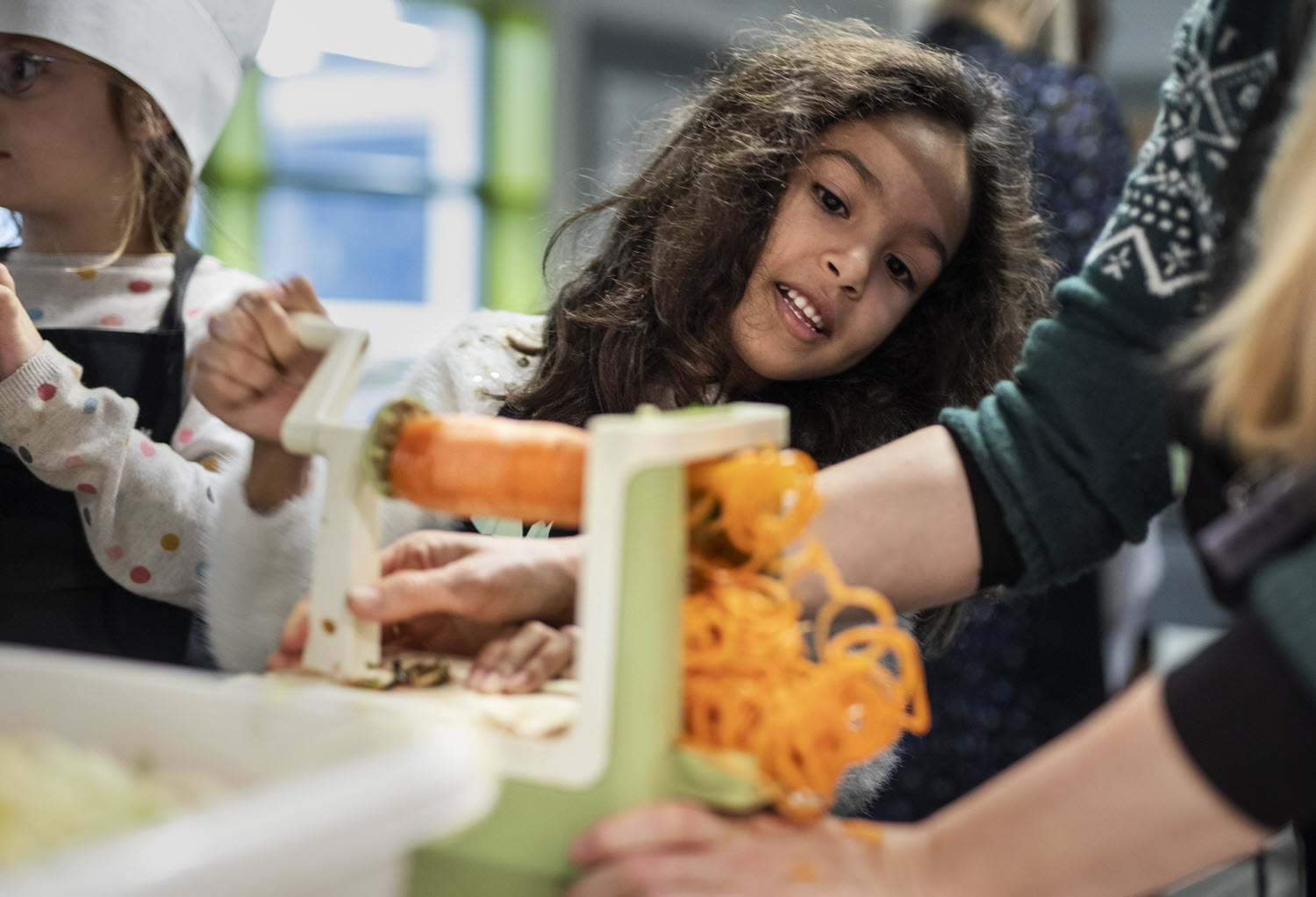On World Children’s Day 2022, The Healthy Childhood Challenge winners were announced.
The Healthy Childhood Challenge was a global call for ideas which
support and promote healthier environments, launched by Novo Nordisk
in collaboration with UNICEF. The challenge was open to any community
or organisation across the globe to submit proposals through an online
platform. The winners will each receive a grant of 100,000 US dollars
to pilot their solution.
The 5-step selection process began with an open call for ideas, and through an online platform, participants could interact with other teams, connect and collaborate.
All submitted ideas proceeded through a review process by a panel of experts in the fields of sustainable food systems, community engagement, nutrition and child health.
Ten finalists were then invited to refine their ideas based on the feedback they received from the review team and develop a final proposal with a budget, partnership letters of intent, and results framework.
The refined ideas were re-submitted to the platform and then workshopped with the expert panel ahead of a final pitch process.
Grassroots organisations, youth groups, communities of faith, public institutions and more were all invited to submit ideas. Participants could connect, engage with one another and be inspired by each other’s ideas throughout the process.
The challenge received 100 submissions from across the globe, with
exceptional interest from Brazil and Portugal, but also the US,
Canada, and other countries across Asia, Europe, Africa, and South
America.
The winners were selected by a Global Selection Panel comprised of seven representatives specialised in nutrition, community engagement, food and climate, food systems, obesity and social determinants of health.
MozNutri is a social enterprise that works to improve child nutrition in Mozambique. Partnering with local farmers, schools, and businesses, they aim to produce low-cost, nutritious foods that low-income families can afford. The profits from these sales will fund a healthy school meal programme. The project generates income for smallholder farmers and jobs within food processing and marketing. It addresses the double burden of malnutrition[1] by ensuring that nutrient-dense foods are affordable and available in low-resource settings and that children receive healthy meals at school.
[1] The double burden of malnutrition refers to the coexistence of undernutrition and overnutrition, including overweight and obesity, within the same population, community, household, or individual. (WHO, 2017, The double burden of malnutrition: policy brief. Available at: https://www.who.int/publications/i/item/WHO-NMH-NHD-17.3
Solidarity Kitchens empowers communities facing food insecurity through a network of community kitchens across Brazil. Community kitchens provide nutritious meals to families in low-resource settings, as well as connect them to various social services to address the root causes of poverty and hunger. Communities are empowered to achieve food sovereignty through the development of community gardens, combined with an offer of training and cultural activities for children and families.
The Ajuri project will use fun and playful videos in the cultural context of indigenous and Afro-Brazilian communities to facilitate the co-creation of strategies to improve nutrition and physical activity for children. By recovering cultural heritage, communities can restore nutritious food practices and traditions for physical activity and play.. The project will then provide technical support and micro-grants to develop community gardens, seed banks, events to motivate traditional play, or other creative ideas developed by the communities.

Building on the success of the Healthy Food Challenge in 2021, The Healthy Childhood Challenge ran from May to November 2022. The purpose was to identify creative and innovative ways to drive change and enable all children to reach their full potential. The Healthy Childhood Challenge is organised by Novo Nordisk in collaboration with UNICEF.
Healthy environments are essential for children to thrive and reach their full potential, but many children grow up in environments that harm their health. Childhood is a formative phase of life, and harmful environments can reduce a child’s opportunity to develop properly. Poor health at a young age increases a person’s risk of developing non-communicable diseases later in life. The Healthy Childhood Challenge therefore sought out great ideas to improve children’s chances of being well-nourished, active and mentally well in the environments they live in.